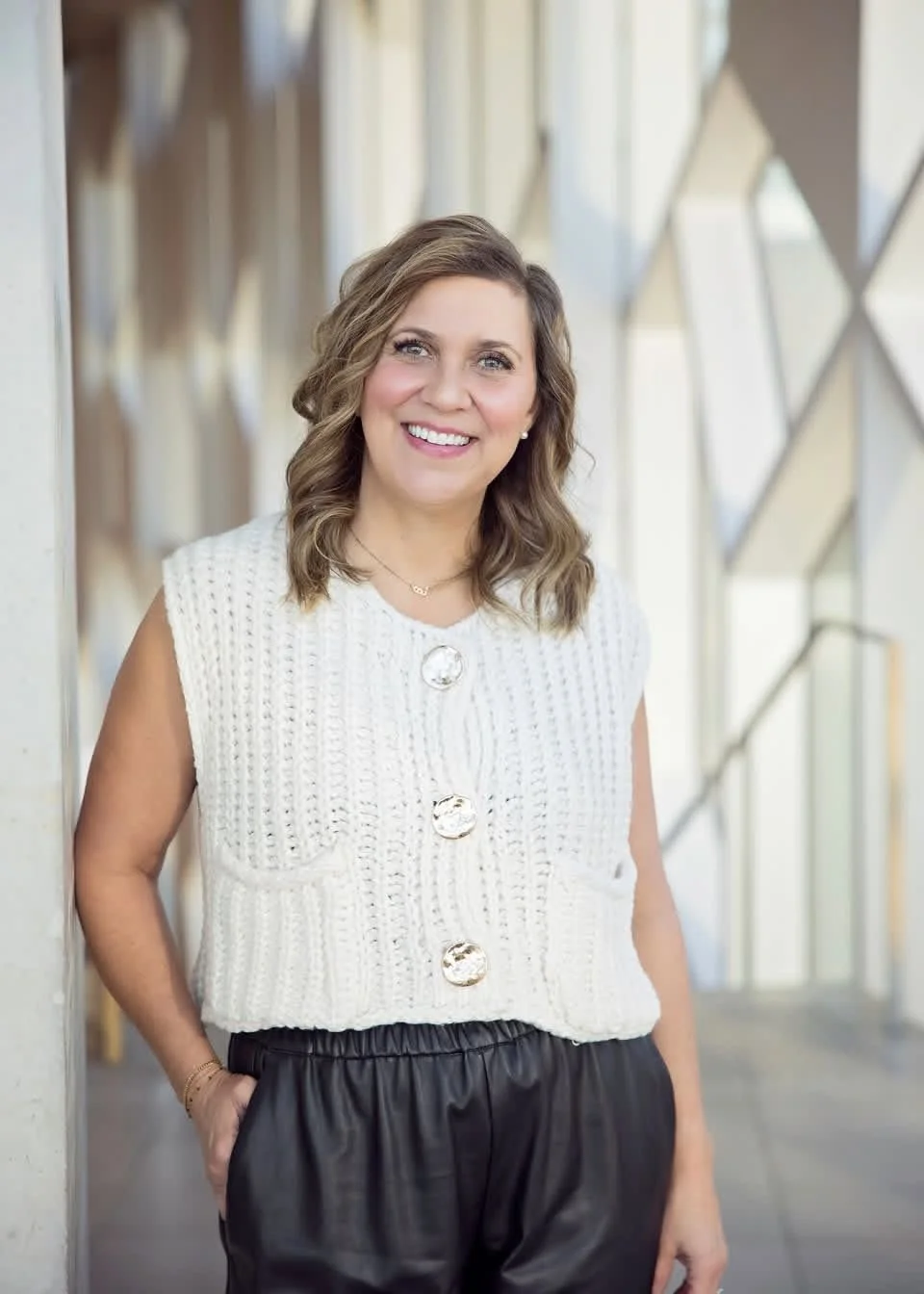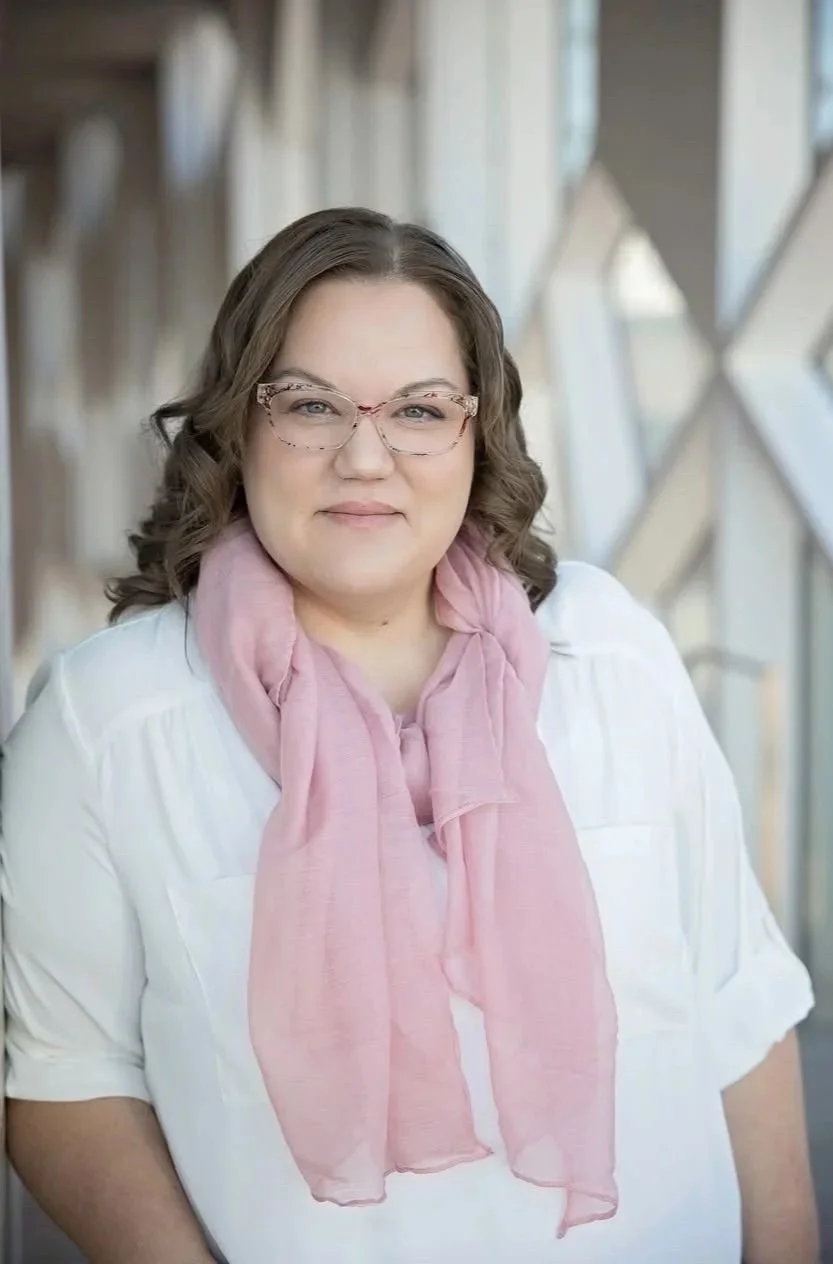
Anxiety Therapy Calgary – Best Treatment for Anxiety & Stress
stress and anxiety
Therapy for anxiety
Takeaway: If you frequently feel overwhelmed by worry or fear, anxiety counselling can provide you with effective strategies to feel more grounded and in control of your day-to-day life. While occasional anxiety is a normal part of being human, constant feelings of stress, fear, or panic can interfere with your daily life. Stress and anxiety management therapy can empower you to break free from fear and regain balance in your life.
Anxiety Symptoms
If you're struggling to regain control of anxiety's grip, our Calgary therapists specialize in anxiety treatment and stress management therapy to empower you toward a more fulfilling life. Therapy for anxiety isn't just about understanding your anxiety disorder—it's about reclaiming calm, clarity, and confidence.
Anxiety isn't just a mental battle; it manifests physically too. Common anxiety symptoms include a pounding heart, shortness of breath, sweating, stomach upset, insomnia, and muscle tension, all of which can intensify the challenges you face.
Constant worry, edginess, and tension may dominate your days, making it challenging to rationalize your concerns. You're not alone. It's easy to feel like anxiety dictates your life, hindering your ability to engage fully in what you want to do and limiting your choices. Perhaps it's interfering with your relationships, work, or family responsibilities.
We tailor our anxiety counselling services to meet your individual needs. Whether you're dealing with panic attacks, performance anxiety, obsessive-compulsive tendencies, perfectionism, or depression, our counselling for anxiety is designed to help you develop effective coping strategies and reduce the intensity of anxiety attacks.
At Shelly Qualtieri and Associates, our team of dedicated anxiety therapists is here to support you. We understand that seeking help can be daunting, but you're not alone. We're currently welcoming new clients and offering a complimentary 30-minute phone consultation. Take the first step toward managing your anxiety and reclaiming control over your life—reach out to us today for expert anxiety therapy in Calgary.
Anxiety is a natural response to perceived danger or unpredictability, creating feelings of fear, dread, and uneasiness. Anxiety often brings overwhelming worry, fear, or apprehension, accompanied by physical symptoms like increased heart rate, muscle tension, and restlessness. Racing thoughts, difficulty concentrating, irritability, fatigue, and sleep disturbances can further compound the challenges of anxiety. Recognizing these signs is the first step toward seeking professional support to manage and alleviate anxiety symptoms, promoting overall mental well-being.
Anxiety Therapy and Treatment: Our Approach
Taking gradual steps is an important part of effective anxiety treatment. Begin today, persist tomorrow, and expand your comfort zone until discomfort becomes familiar. Understanding why our thoughts spiral during anxious moments is helpful for adults and teens experiencing anxiety symptoms. When our brain perceives a threat, it prioritizes speed over accuracy, leading to cognitive biases like personalizing or catastrophizing potential outcomes, which are common in anxiety disorders.
Recognizing these cognitive biases is key to diffusing their power. By familiarizing ourselves with common thought patterns associated with anxiety and panic attacks, we gain the ability to challenge them by exploring alternative perspectives to mitigate anxiety's impact on our thoughts and behaviors.
Specialized Anxiety Therapy Services in Calgary
In Calgary, those seeking relief from anxiety disorders and panic attacks can benefit from specialized anxiety therapy and counseling. Our Calgary therapists provide tailored anxiety treatment sessions that address specific anxieties, equipping you with evidence-based techniques to navigate your fears and reclaim control, empowerment, and renewed mental well-being.
Our comprehensive anxiety treatment services include:
We use Cognitive-Behavioural Therapy (CBT) to treat anxiety and panic attacks.
Mindfulness-based therapy for anxiety symptoms
Exposure therapy for anxiety disorders
Anxiety counselling for adults and teenagers
Group therapy for anxiety and panic disorder support
Online therapy for anxiety and panic attacks
Affordable anxiety counseling and therapy options
Free consultation for anxiety treatment
Free Consultation for Anxiety Treatment
Connect with our team for a free 30-minute consultation call. Our team of experienced anxiety counselors and therapists is ready to help you take the first step towards managing your anxiety symptoms and improving your quality of life. Whether you're dealing with generalized anxiety disorder, social anxiety, or frequent panic attacks, we offer personalized treatment plans to meet your needs.
Why Choose Us for Anxiety Therapy?
Customized anxiety treatments designed to meet your specific needs
Experienced and compassionate therapists specializing in anxiety disorders
Effective therapy techniques for anxiety relief and panic attack management
Holistic approaches to anxiety treatment and mental health
Support for both adults and teenagers coping with anxiety symptoms
Are you ready to go deeper into your stress and anxiety? Our team of Calgary therapists will provide you with tools and techniques to help you cope with anxiety attacks and manage your mental health. Don't let anxiety control your life; take control and start your journey to better mental health today with our specialized anxiety treatment programs.
Contact Us for Anxiety Therapy in Calgary
For more information about our anxiety treatment services or to schedule your free consultation, visit our website or book here. Start your path to recovery from anxiety disorders and panic attacks with expert help and compassionate support. Visit our website or book here.
Anxiety Therapist Calgary
-

Shelly Qualtieri, Founder
Registered Social Worker
-

Adrianna Rabeda-Kowalczak
Registered Psychologist
-

Ana Tiruta
Licensed Professional Canadian Counsellor
-

Kim Noll
Registered Psychologist
-

Laura Laidlaw
Licensed Professional Canadian Counsellor
-

Lorena Koenig, MSW
Registered Social Worker
-

Marizabel Forno
Registered Psychologist
-

Puja Patel
Licensed Professional Canadian Counsellor
-

Smyrna Gonzalez
Registered Psychologist
FAQs about working with an anxiety therapist in Calgary
-
There are many different ways to find a therapist. You can ask your family physician for a referral, check with your insurance company, do a simple Google search, or ask friends for their recommendations.
There is no real way to know whether a therapist will be a good fit until you actually speak with them. A therapist could have all of the qualifications you want and seem great on paper, but the connection is a sort of "x factor" you cannot necessarily research ahead of time. We realize that this can be anxiety-provoking in and of itself.
-
There are many options for clients to consider when it comes to treating anxiety. Most people who suffer from anxiety are able to reduce or eliminate symptoms; many notice improvement after just a few sessions. Cognitive-behavioural therapy is a very effective option for people suffering from varying types of anxiety or other mental health disorders.
-
There are many options for clients to consider when it comes to treating anxiety. Most people who suffer from anxiety are able to reduce or eliminate symptoms; many notice improvement after just a few sessions. Cognitive-behavioural therapy is a very effective option for people suffering from varying types of anxiety or other mental health disorders.
-
If you find yourself worrying about a lot of things, it's hard for you to control or stop the worry, and you find yourself caught up in fear and uncertainty or struggling with depression.
Consider seeking anxiety counselling if you experience persistent feelings of worry, fear, or unease that interfere with your daily life, relationships, or overall well-being. If your anxiety symptoms impact your ability to function, disrupt daily activities, or cause significant distress, consulting with a mental health professional can help determine if anxiety counselling is a beneficial course of action.
If you are interested in therapy, we want to encourage you to get in touch with us.
-
The goal of anxiety treatment is to find out what is causing and keeping your anxiety going, while also teaching you skills that will help you be more resilient.
You may be nervous about starting therapy, but we will provide you with a safe and supportive environment for discovering the tools needed to overcome your anxiety disorder while reducing stress.
In anxiety therapy, you'll learn to identify and understand the root causes of your anxiety, gaining insights into your thought patterns and behaviors. Therapists will provide coping strategies, tools, and practical techniques to manage anxiety, foster resilience, and promote a more balanced and fulfilling mental well-being.
You will learn how to:
Quiet your mind and calm your body
Regulate the physical indicators and understand the bodily sensations
Be present and less reactive
Have practical, bite-size strategies to manage stress and panic attacks
Understand your emotions
Gain increased confidence in life
Have an easier time staying asleep
Gain stress management coping strategies
Get clear on where and why you are stuck and how you can move forward
Each person’s experience in therapy is unique; you will work directly with your psychologist to create a customized treatment plan.



